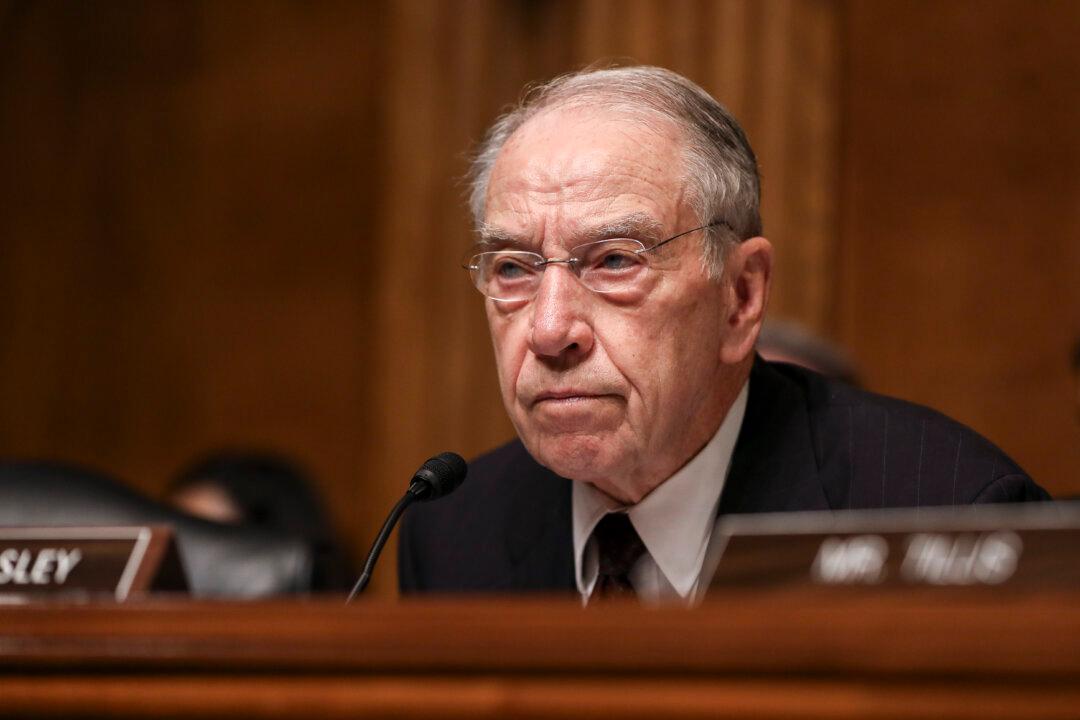Sens. Chuck Grassley (R-Iowa) and Gary Peters (D-Mich.) Thursday introduced bipartisan legislation to bolster the 2008 Inspector General (IG) Protection Law.
“I’m introducing bipartisan legislation on Thursday to clear up any ambiguity about Congress’s expectations when presidents decide to fire inspectors general. This legislation beefs up the mandate of advance notification to require “substantive rationale, including detailed and case-specific reasons”—terms that the court said were missing from the 2008 law,” Grassley said.





